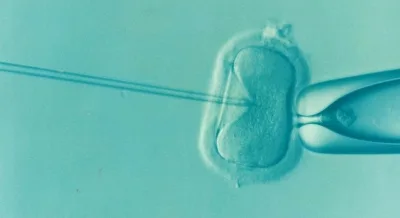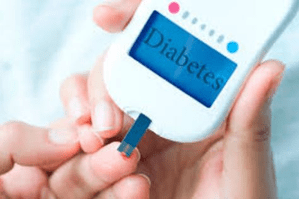
Breaking societal norms, age barriers and taboos, women in rural India are increasingly stepping forward to embrace motherhood via in-vitro fertilisation (IVF), according to doctors on International Women’s Day on Friday.
Late Punjabi singer Sidhu Moosewala’s mother Charan Kaur is the best example. Kaur, 58, is expecting through IVF. She is due to deliver the baby in March.
IVF is a medical process which combines the egg of the female and the sperm of the male outside the body in a lab dish to form an embryo. The embryo is later placed in the uterus of the biological mother or surrogate to grow into a baby.
“Rural patients are increasingly seeking fertility treatment, often at later stages of their reproductive lifespan, typically beyond 35 to 40, or even 45 years of age,” Pallavi Prasad, Fertility Consultant, Nova IVF Fertility, Basaveshwara Nagar, Bangalore, told Thebetterandhra.com.
“These patients often arrive in urban centres after exhausting local options, with markedly reduced ovarian reserves or nearly depleted reserves,” she added.
Advanced maternal age often leads to a diminished ovarian reserve, complicating treatment outcomes, the doctor said.
According to experts, while women are stepping forwards, costs are involved in the treatment and logistics to each IVF session, which can take between four to six weeks, is acting as a major barrier.
“Depending on affordability, we see few cases of women from rural India coming in for consultations. We mostly see cases of women in the age group of 27 to 49 years. However, the conversion rate is not that high with only one-two patients coming in to take the procedure forward,” said Priyanka Reddy, Consultant – Infertility Specialist, Obstetrician & Gynecologist & Minimal Access Surgeon, at Motherhood Hospitals.
“The low conversion can also be linked to time-consuming procedures (15 days approximate) as the conveyance becomes challenging for women settled in rural areas,” Priyanka











